Sunscreen for Oily Skin
More products for Oily Skin
8+ hours of oil control + pearlescent glow
See reviews
Gently exfoliates for smoother, acne-free skin
See reviews
8+ hours of oil control + pearlescent glow
See reviews
Gently exfoliates for smoother, acne-free skin
See reviews
8+ hours of oil control + pearlescent glow
See reviews
What Our Customers Say
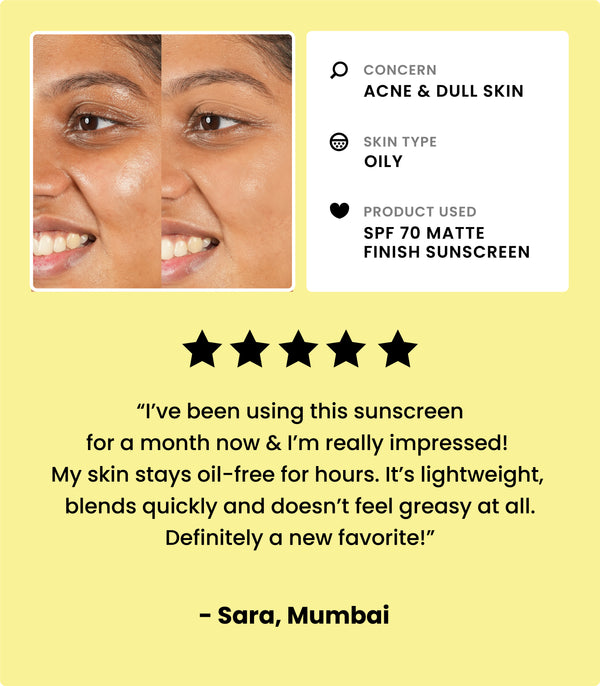
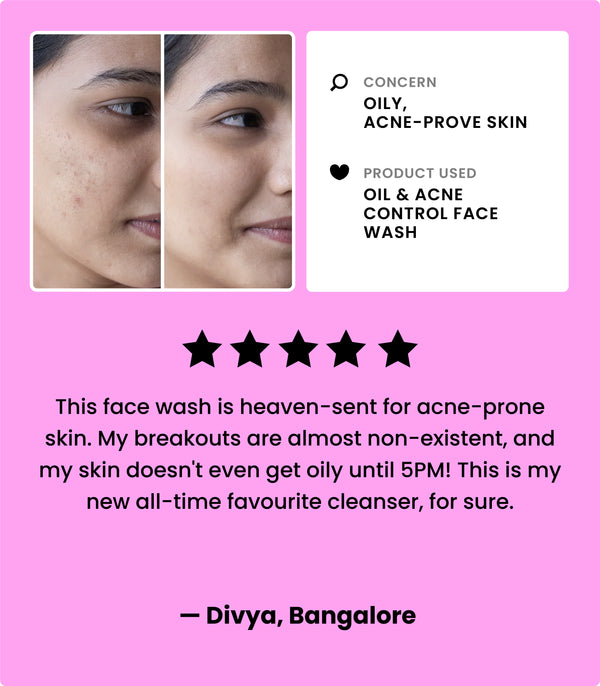
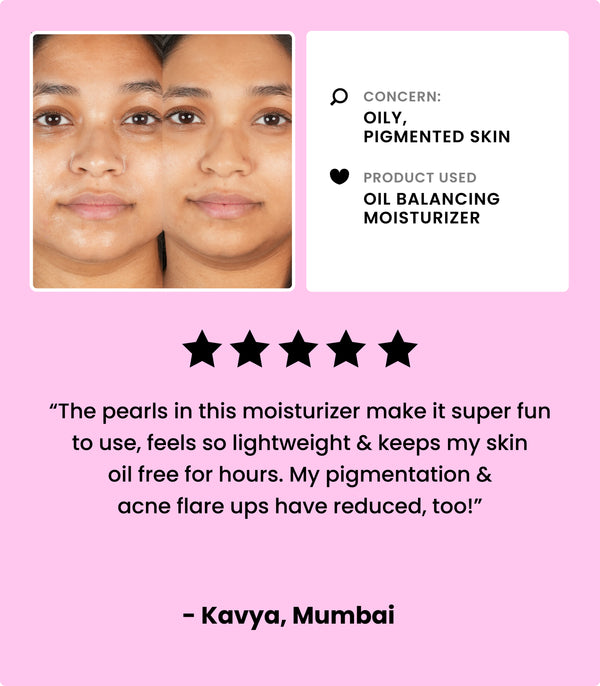
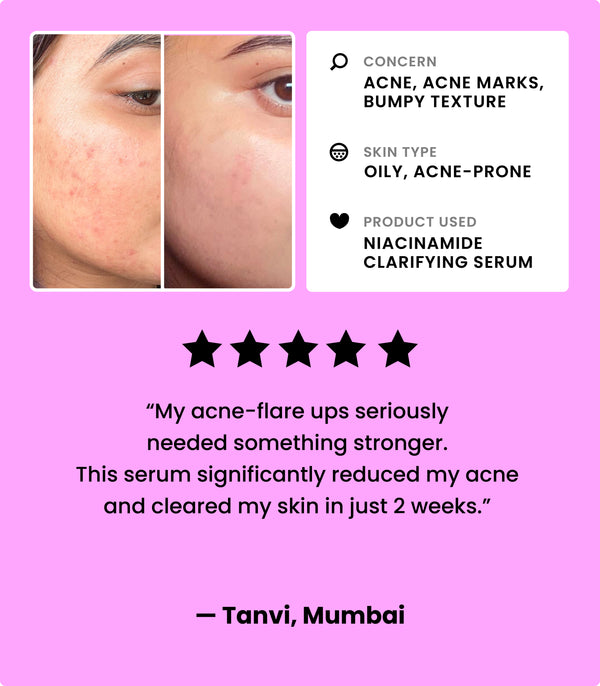
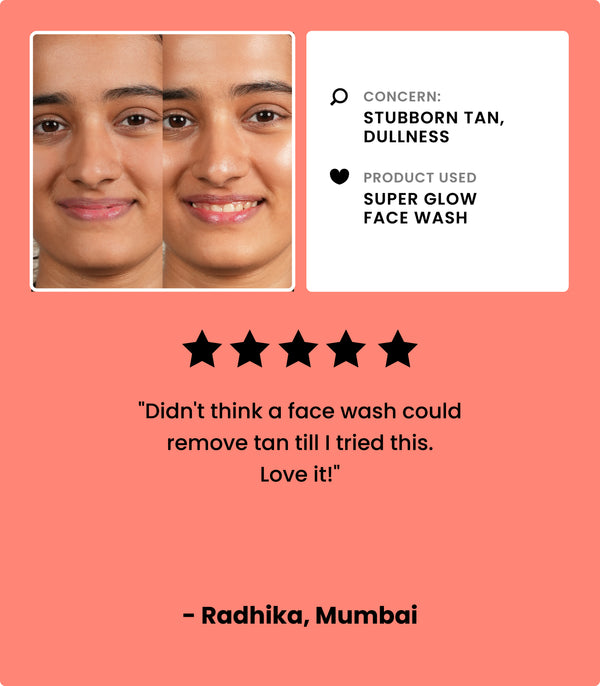
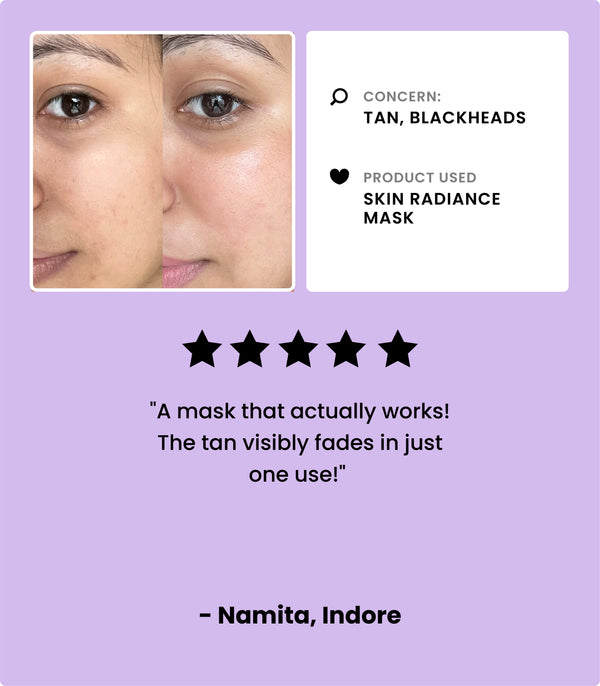
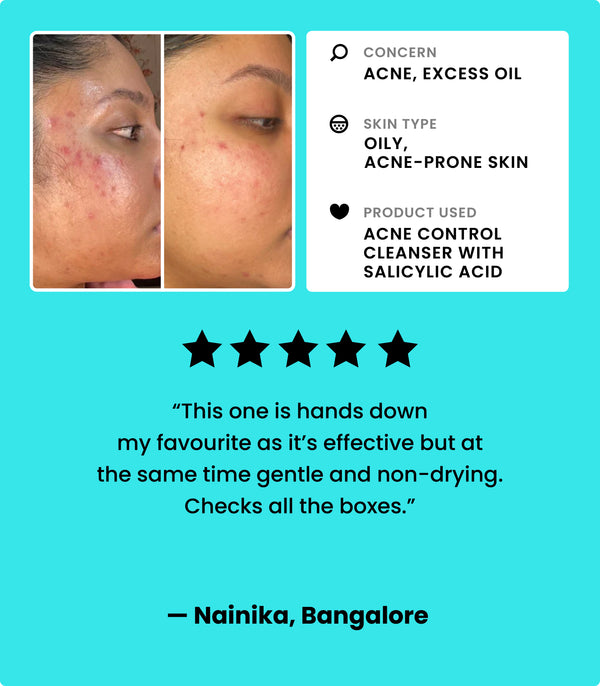
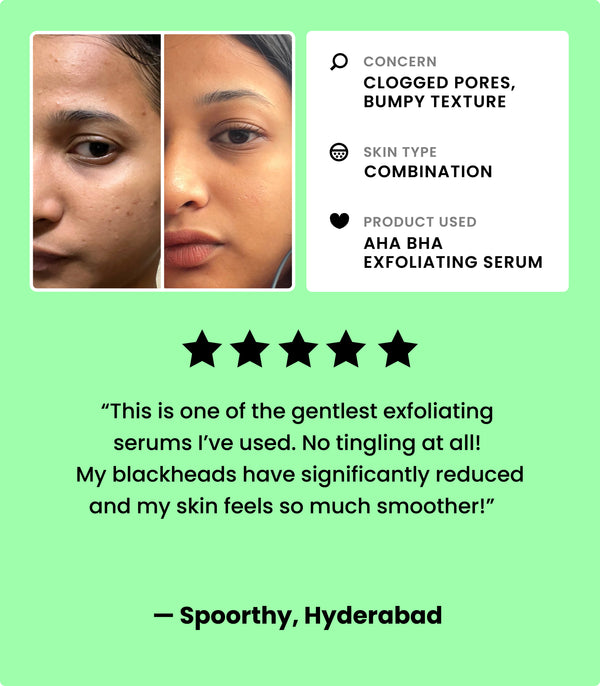
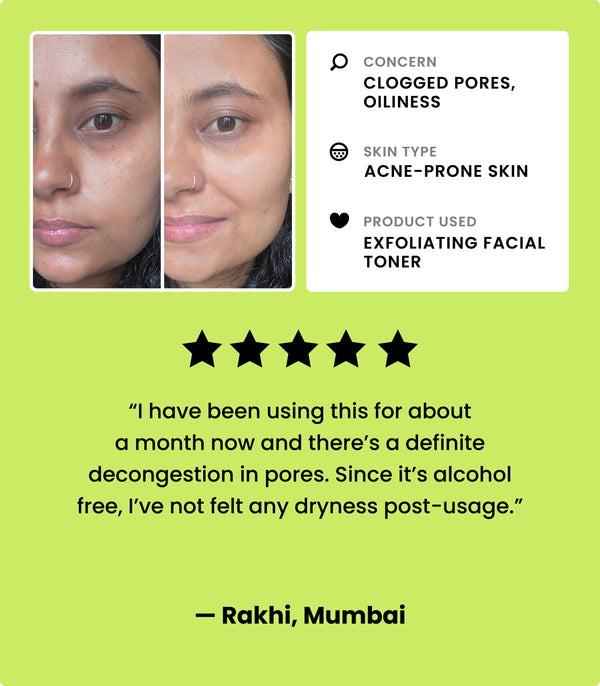
FAQs
Ans. A good sunscreen for oily skin is oil-free, mattifying and non-comedogenic. Moreover, this formula feels incredibly lightweight and non-greasy on application.
Ans. Yes, you can. After cleansing, apply a generous layer of moisturizer. Follow up with a broad-spectrum sunscreen for infallible protection against harmful UV rays.
Ans. Use a gel-based sunscreen that feels light and doesn’t clog pores, even in the slightest.
Ans. No, moisturizer and sunscreen serve different roles in your skincare routine and are not interchangeable. Use a moisturizer to: 1. Ensure sustained hydration to the skin. 2. Support barrier health. 3. Make your skin appear soft, supple, and smooth. 4. Offset any inflammation or redness. Use a sunscreen to Shield your skin against harmful UV rays, Prevent burns, tanning, and sun-induced pigmentation, Defer skin ageing.
Ans. Yes, SPF 50 is good for oily skin as long as it's a gel-based, non-comedogenic, and lightweight formula. For the unversed, SPF 50 blocks roughly 98% of UVB rays to prevent damage to the skin.
Ans. As long as your sunscreen is gel-based, lightweight, and doesn’t clog pores, you can choose amongst the SPF 30: blocks 97% of harmful UVB rays, SPF 50: blocks 98% of all UV rays, SPF 70: almost blocks 98.5% of UVB rays
Ans. No. A regular sunscreen may feel heavy and greasy, clogging pores on application. Therefore, folks with oily and acne-prone skin should opt for special gel-based SPF for best results.
Ans. For oily and acne-prone skin, we recommend a matte finish sunscreen. Formulated with ingredients like Niacinamide—this SPF blots shine and prevents clogged pores while ensuring 360-degree sun protection for the skin.
Ans. Try Foxtale’s Matte Finish Sunscreen. This SPF 50 formula with Niacinamide at its forefront is a great fit for oily skin. Here’s how: Controls shine and sebum production, Minimizes appearance of pores, Doesn’t run with sweat or water, Ensures even skin tone and brightens complexion.
Buy The Best Sunscreen For Oily Skin In India 2025
Finding the right sunscreen for oily skin can be a little challenging. Regular SPF can feel greasy, and heavy on the skin, often clogging the pores. The solution? A gel-based formula that ensures infallible sun protection while maintaining a balanced microbiome. Enter Foxtale’s Matte Finish Sunscreen. With Niacinamide at the heart of the formula, it helps curb oil and minimizes the appearance of pores for a smooth, flawless base.
Sunscreen For Oily Skin: A Shield For Your Skin Against UV Rays
Regardless of your skin type, sunscreen is non-negotiable in your daily routine. Harmful UV rays spare no one – be it a sunny or an overcast day.
Benefits Of Wearing Sunscreen Everyday For Oily Skin
Apart from extending its primary benefit of sun protection, a good oily skin sunscreen also:
- Expels excess sebum for an oil free shine
- Prevents congested skin to reduce acne breakouts
- Slows down signs of ageing
- Keeps skin texture smooth
Choose From Foxtale’s Range Of Sunscreen
Your search for the perfect oily skin sunscreen ends here. Our SPF 70 Matte Finish Sunscreen is lightweight, non-greasy, breathable, and fits easily into your daily skincare routine. The water-resistant formula features Niacinamide that blots oil and minimizes pores for a delectable matte finish, the perfect precursor to your glam avatar.
Key Features To Look For In Sunscreen For Oily Skin
Before you pick a sunscreen for oily skin, ensure that it is:
- SPF 30 or higher for formidable protection
- Gel-based and lightweight
- Non-comedogenic
- Matte finish to control shine all day long
- Infused with skin-loving ingredients like Niacinamide, Peptides, Pro Vitamin B5, and more
Application Tips For Sunscreen On Oily Skin
- Apply your sunscreen as the last step, after cleansing and moisturizing.
- Use two fingers’ worth of sunscreen for one wear.
- Slather the sunscreen 20 minutes before stepping outdoors, ensuring enough time for the formula to seep in and get activated.
- Reapply every two hours if you’re planning on staying outdoors.



















